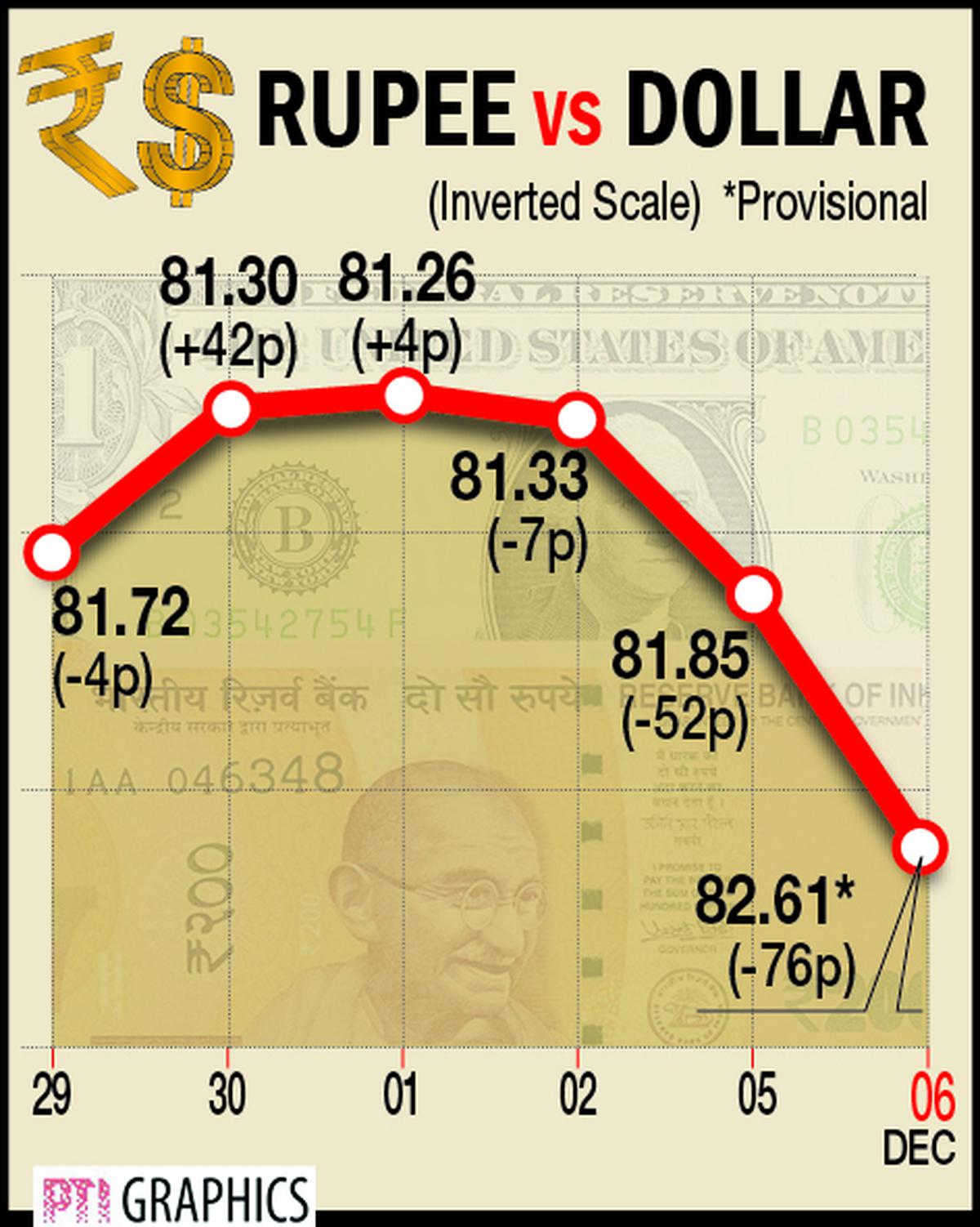Tata Motors Ltd. reported consolidated net loss for the fourth quarter ended Match 31 slid to ₹992 crore compared with a net loss of ₹7,585 crore in the year-earlier period on account of recovery in all its business, Group CFO P.B.Balaji said during in a conference call.
During the quarter, the company reported lower revenue of ₹77,857 crore compared with ₹87,772 crore.
For the financial year, the company reported a net loss of ₹11,308 crore compared with a net loss of ₹13,395 crore a year ago. However, consolidated revenue increased to ₹2,75,235 crore from ₹2,46,972 crore in the previous year.
On a standalone basis, Tata Motors reported net profit of ₹413 crore in the fourth quarter as compared with a profit of ₹1,645.68 crore a year earlier
Jaguar Land Rover (JLR) revenue stood at £4.8 billion in Q4 FY22, up 1% from Q3 FY22, reflecting higher wholesales offset partially by the impact of the runout of the previous generation Range Rover, with the New Range Rover still ramping up.
The EBIT margin in the quarter was 2% with profit before tax about breakeven (£9 million) before £43 million exceptional charge for its business in Russia. Free Cashflow improved to £340 million, up from £164 million in Q3, the company said.
The Tata Commercial Vehicles business continued to show strong sequential recovery led by MHCV segment. The business clocked its highest quarterly revenues since Q4’FY19 and grew market shares in all segments. Despite lower margins due to commodity inflation, impact was lower on PBT of ₹ 607 crore in Q4 due to operating leverage from higher revenues, the company added.
Tata Passenger Vehicles business delivered a comprehensive turnaround in Q4 FY 22 with highest quarterly revenues. EV volumes rose to 9,100 units in Q4 and PV market share improved to 13.4% (+440bps). Robust demand for “New Forever” range and agile supply actions led to this strong performance, Mr. Balaji said.
On the outlook he said “Demand remains strong despite geopolitical and inflation concerns. The supply situation is gradually improving, whereas commodity inflation is likely to remain at elevated levels.”
“ We expect performance to improve through the year as the China COVID and semiconductor supplies improve and aim to deliver strong EBIT improvement and free cash flows in FY 23 to get to near net auto debt free by FY 2024,” he added.




